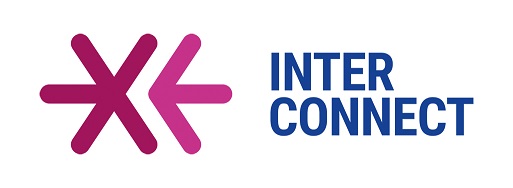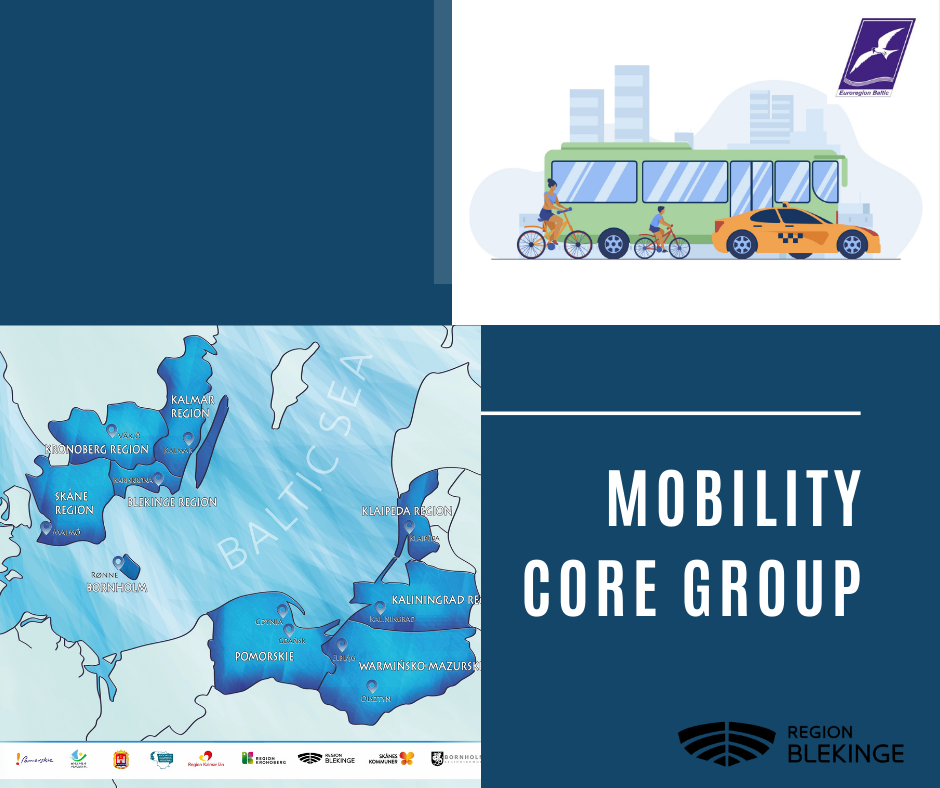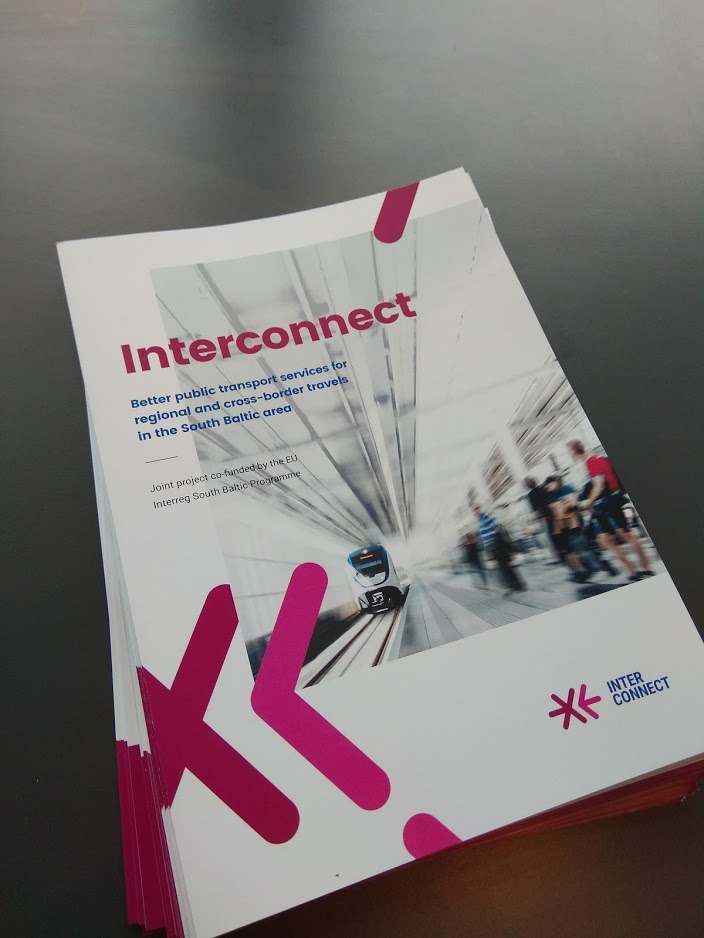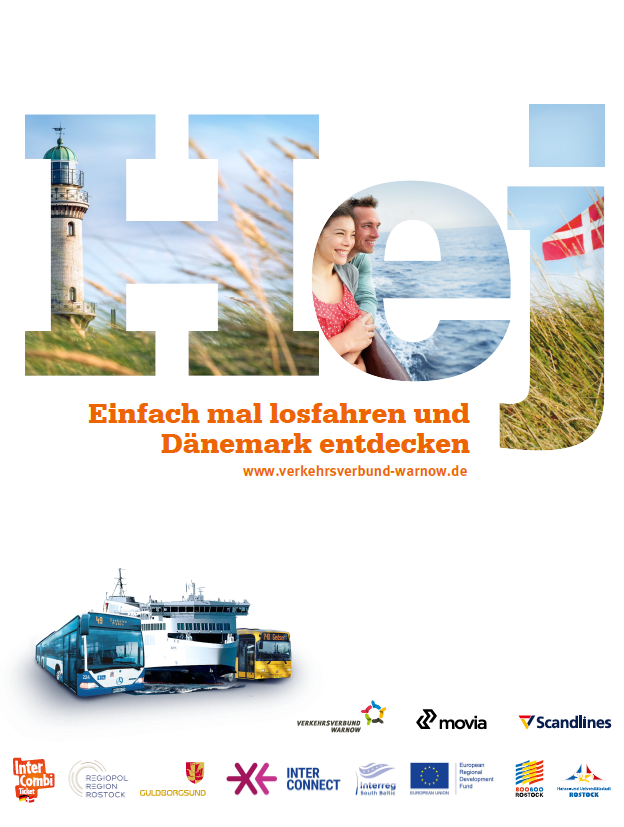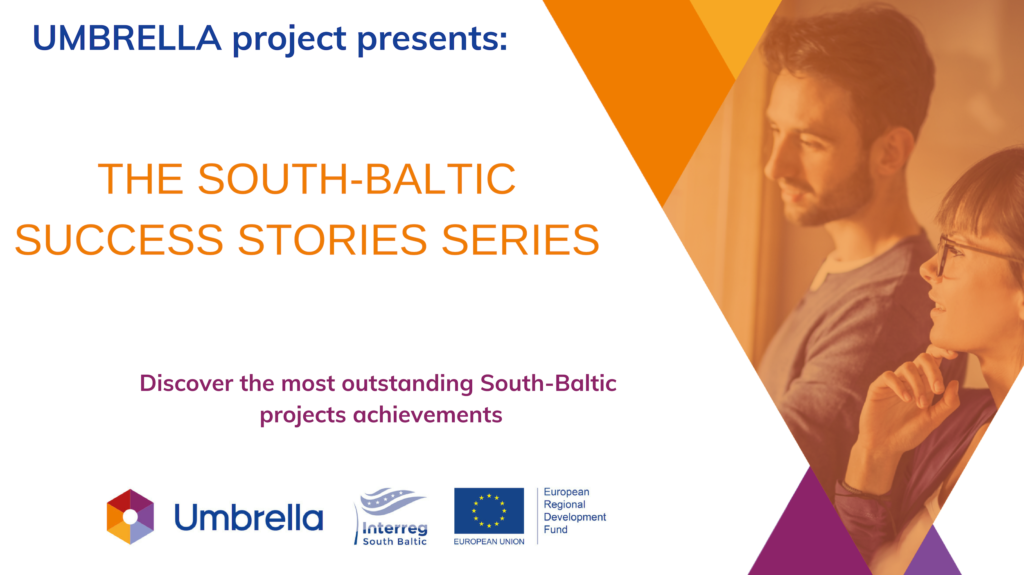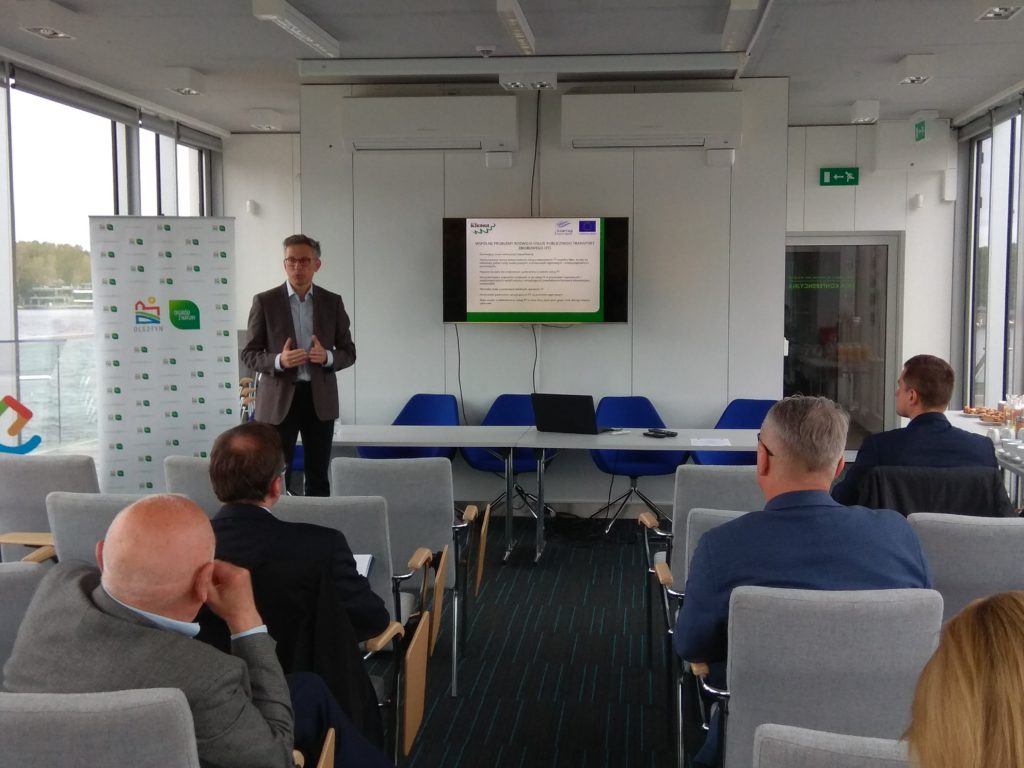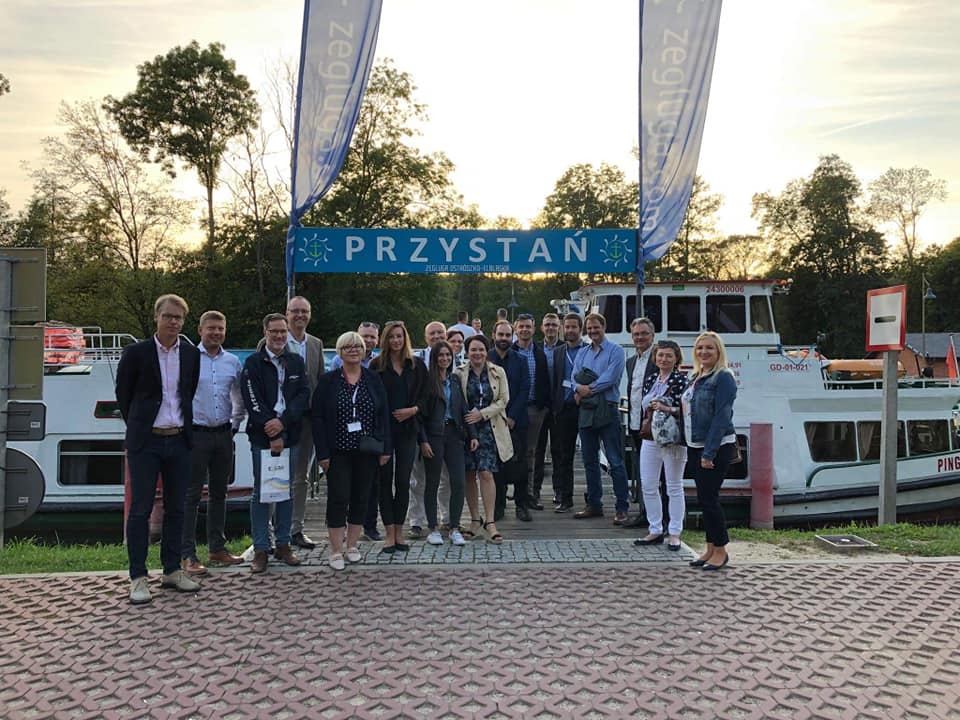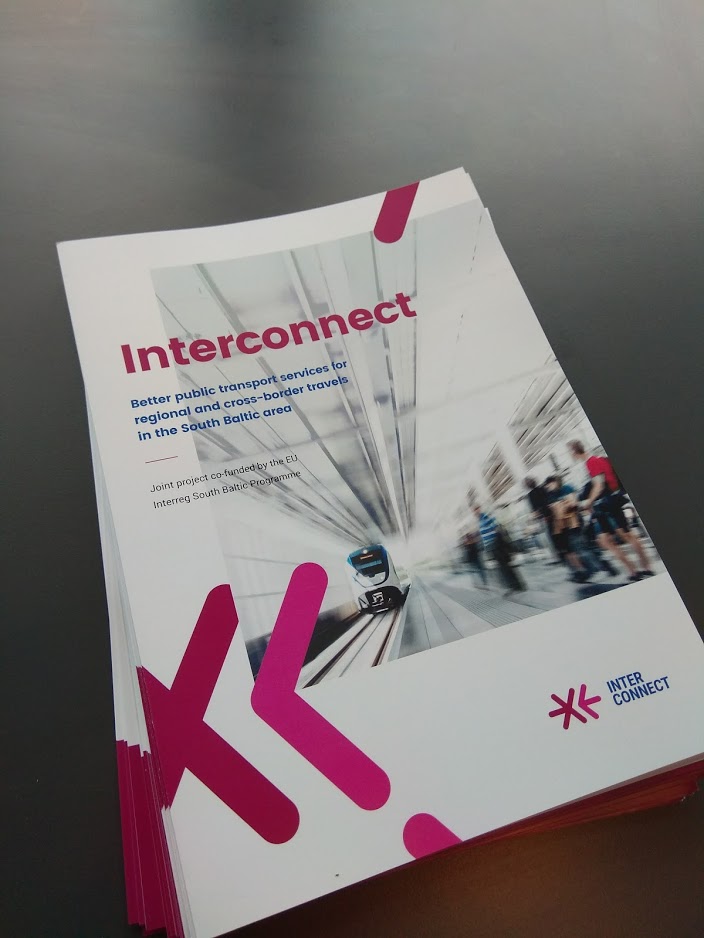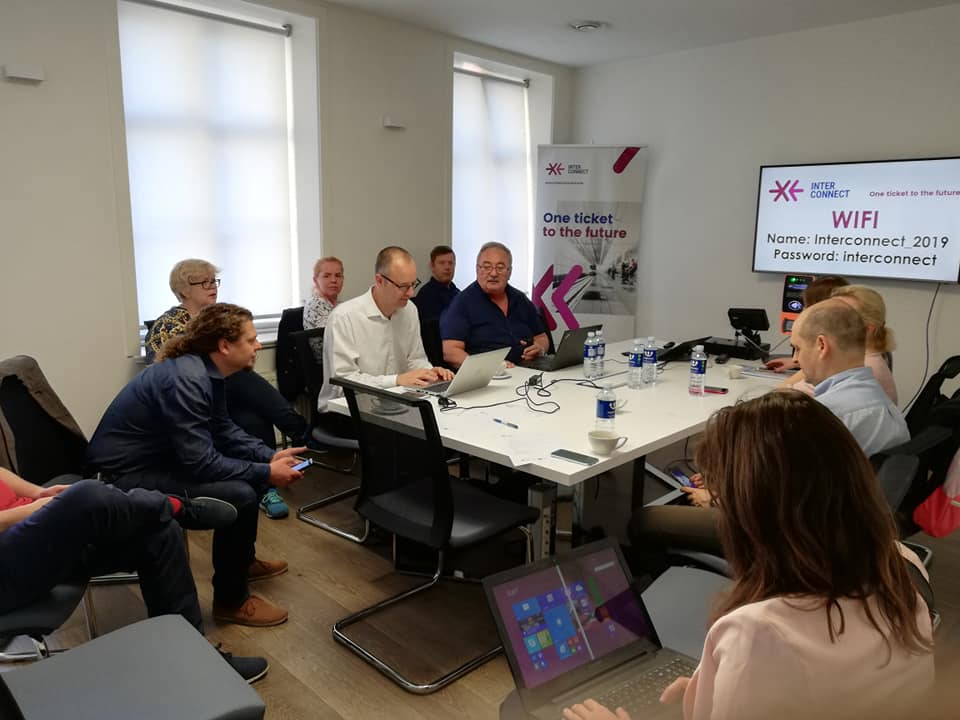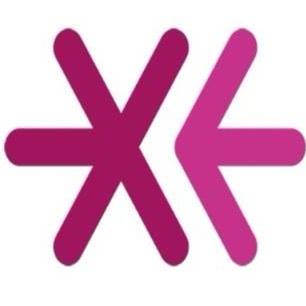The past year was the final and firmly the busiest year for the Interreg South Baltic Interconnect project which started in June 2017. 2020 began with some great news from one of the project partners, Innobaltica (Poland), who announced an open tender for the implementation of FALA – integrated ticket for the Pomorskie Region – a charges collecting system for transportation in collective passenger transport and a consistent passenger information system, standard for both coordinators and carriers.
On February 17th the Interconnect project was presented on a hearing regarding the revision of the TEN-T regulation held by Ministry of Infrastructure in Sweden. During the conference, the Interconnect project Manager Mr Mattias Andersson, representing Region Blekinge, had an opportunity to emphasise the importance of cross-border public transport. The collaboration between Blekinge and Pomorskie Region in the Interconnect project was set as a good example where regions collaborate with private players, in this case, Stena Line, to find new ticket solutions.
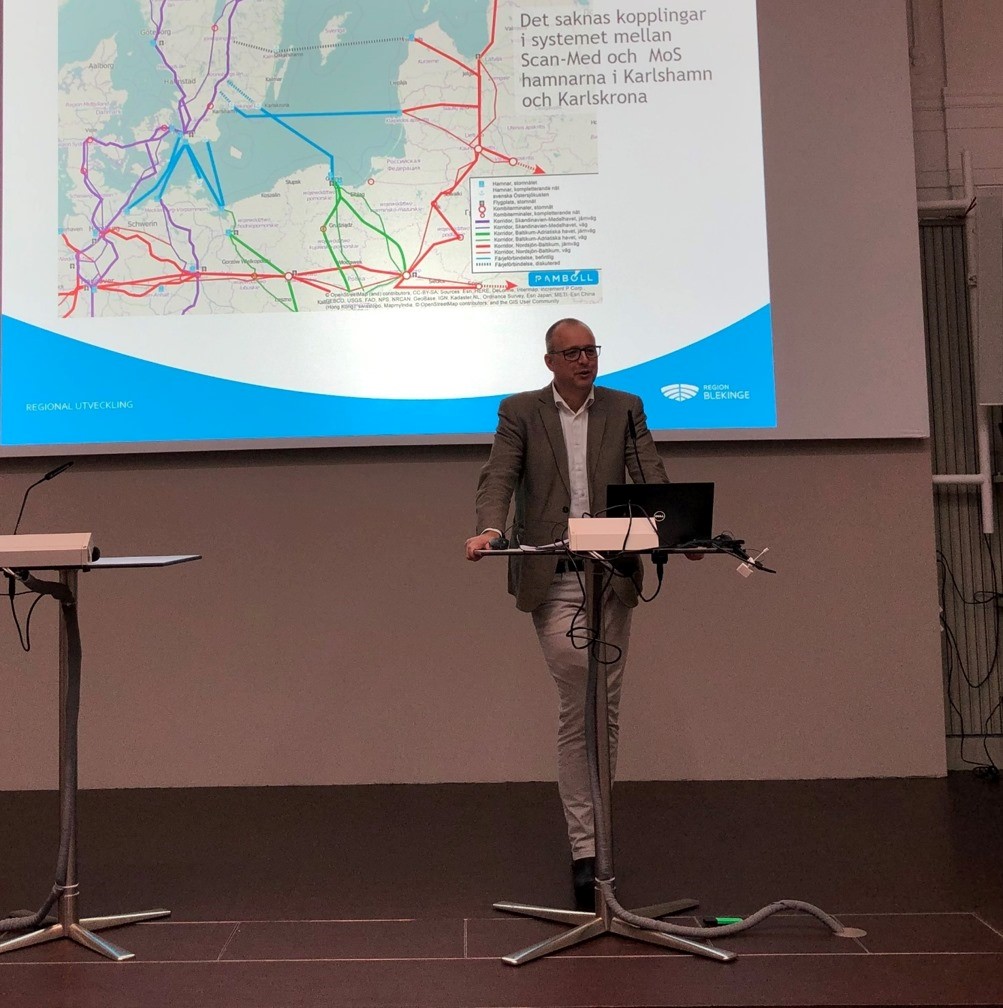
In March 2020, the South Baltic success story series, developed within ERB’s Umbrella project, noted the Interconnect project as an example of Interreg South Baltic Programme success story, offering an understanding of the best practices and the success of the project’s results and outcomes.
On March 11th 2020, a first partnership meeting was held in Karlskrona, Sweden. Due to the travel restrictions following the Covid -19 pandemic, only ten persons participated in Region Blekinge office, and two persons experienced online. During this meeting, partners discussed the multigovernance co-operation model for public transport in the South Baltic area, the main outputs of the project, and the project’s final conference details. The partnership has submitted a request for changes where additional activities were mentioned and a prolongation of the implementation period of 6 months until the end of November 2020. Furthermore, a decision was made to postpone the final conference to preliminary October 1st 2020, instead of May 7th and most likely to hold it online.
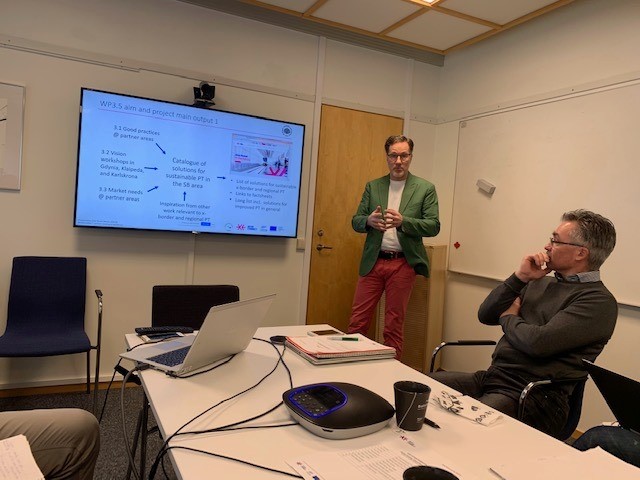
At the turn of March and April 2020, Joint Secretariat agreed on the project’s prolongation by six months while Monitoring Committee approved all requests for changes.
With the begging of June, The Hanseatic Institute for Entrepreneurship and Regional Development at the University of Rostock (HIE-RO) announced it is about to deliver an Indicator-based self-evaluation tool in Excel for public transport planners within the task 4.2 “Implementing a multi-stakeholder planning model for public transport services”. The tool’s main objective is to develop an easy-to-use self-evaluation (or monitoring) indicator tool in Excel that can be used by public transport planners to evaluate the performance of the local and regional (public) transport system.
Between 13th and 26th of July, a joint Danish-German exhibition called “ekspeditioNORD” took place, as part of the German-Danish year of cultural friendship. The event was co-financed by the Interconnect project on the principle of supporting co-operation and cross – border interconnections between local governments and public administrations and civil societies with a specific focus on educational institutions and schools, culture and tourism organisations and business co-operations.
In August Mr Mattias Andersson, Interconnect Project leader was invited by Mukran Port in Germany to participate in ‘South Baltic Transport Loops’ project partnership meeting, where he had a chance to speak about the findings the Interconnect project and discuss the cross-project exchange.
In August, the Polish Ministry of Development Fund and Regional Policy has chosen the Interconnect Project to be promoted as one of the best projects of Interreg South Baltic Programme 2014-2020. Therefore, a photo session was organised to present the main goals and achievements of Interconnect Project. The photo session results were presented in December 2020 in a publication on “15 years of Interreg programs in Poland”.
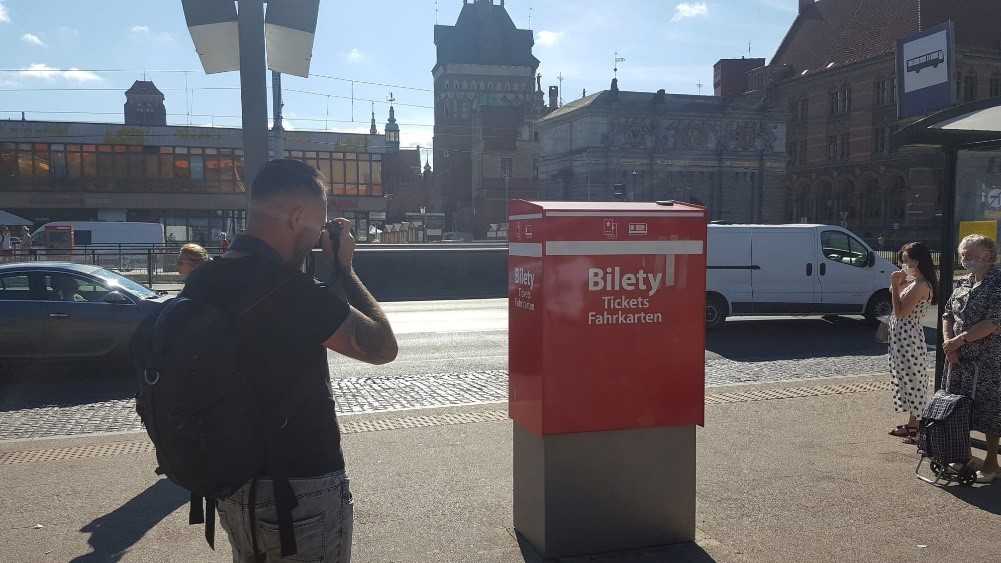
Summer period ended up with information that the first Interconnect scientific paper on ‘PT Data for multi-stakeholder planning and monitoring excel tool for public transport services’ was accepted for publication at the CSTFM-conference in Madrid October 2020. The paper resulted from WP 3.5 and related to a process and solutions for sustainable cross-border and regional public transport.
With the beginning of September, intensive preparations for the upcoming Final Conference started. The invitation and conference agenda sent to more than 300 people and an intensive promoting campaign in social media began.
On September 8th, Mr Mattias Andersson attended the ERB Executive Board meeting. He presented the idea of establishing a new task force within ERB, concentrated on sustainable transport issues and related to the Interconnect project’s outputs.
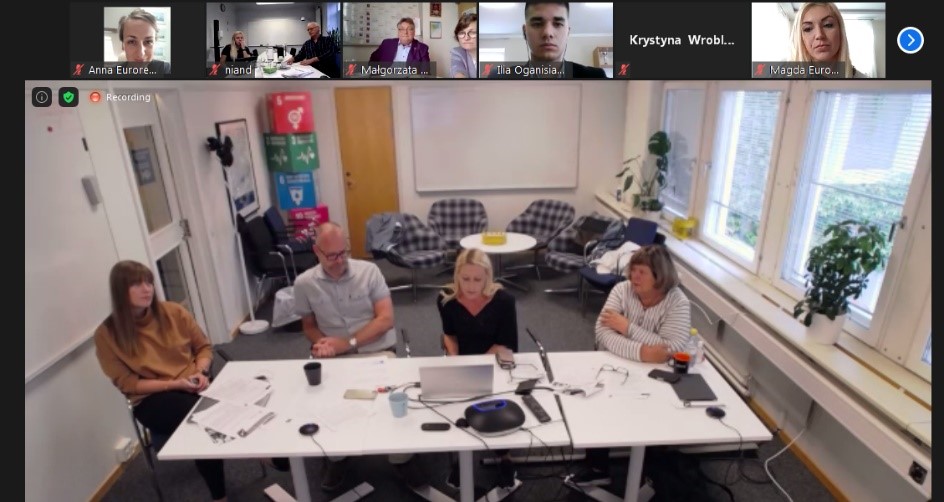
On September 17th, the Project partner Mr Frede Danborg from Guldborgsund Kommune was invited to become one of the pannelists during the Interreg South Baltic Programme’s Annual Event celebrating 30 years of Interreg South Baltic. Mr Danborg had a chance to present the Interconnect project, its objectives and challenges throughout projects lifetime, and opportunities it has created to impact public transport in small Baltic Sea regions.
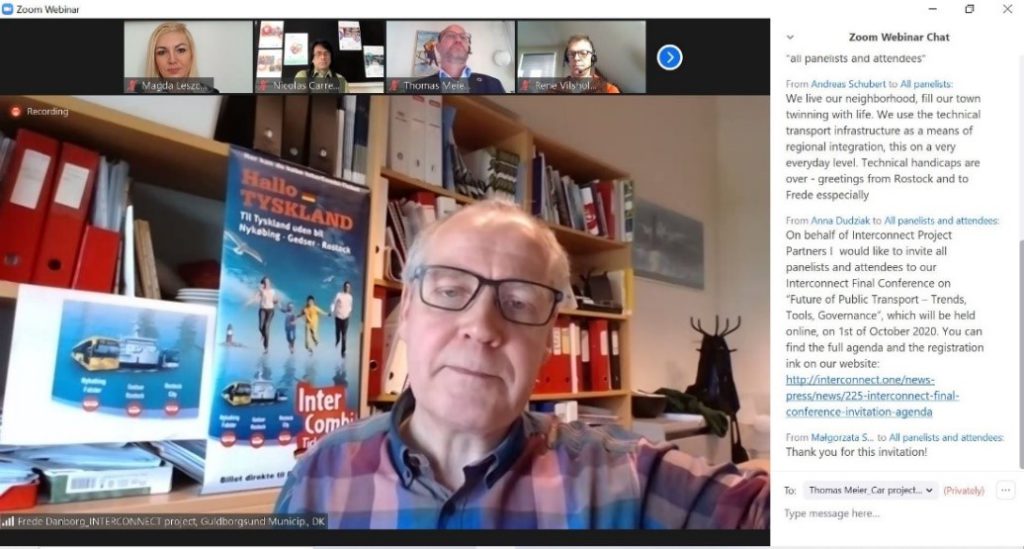
On October 1st 2020, the Interconnect Final Conference titled ‘Future of Public Transport – Trends, Tools, Governance’ was held online via Hop.in the platform. Nearly 100 participants from 14 countries joined the conference to take part in many valuable lectures on sustainable transport, cross-border passenger transport and new solutions in public transport given by experts from EU Strategy for the Baltic Sea Region, The Hanseatic Institute for Entrepreneurship and Regional Development, Innobaltica, Blekinge Institute of Technology and Interreg South Baltic. The participants also had a chance to hear panellists from ESPON Programme, Interact Programme, Region Blekinge and Euroregion Baltic discussing and exchanging experience on various multilevel governance options.
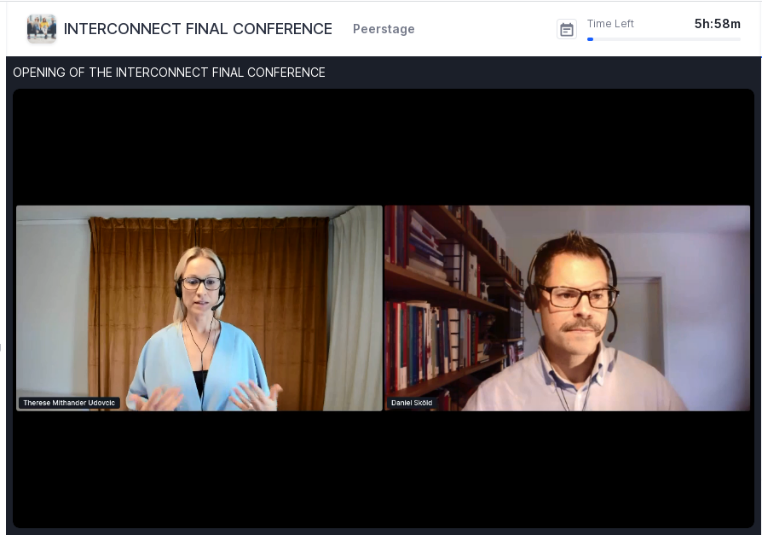
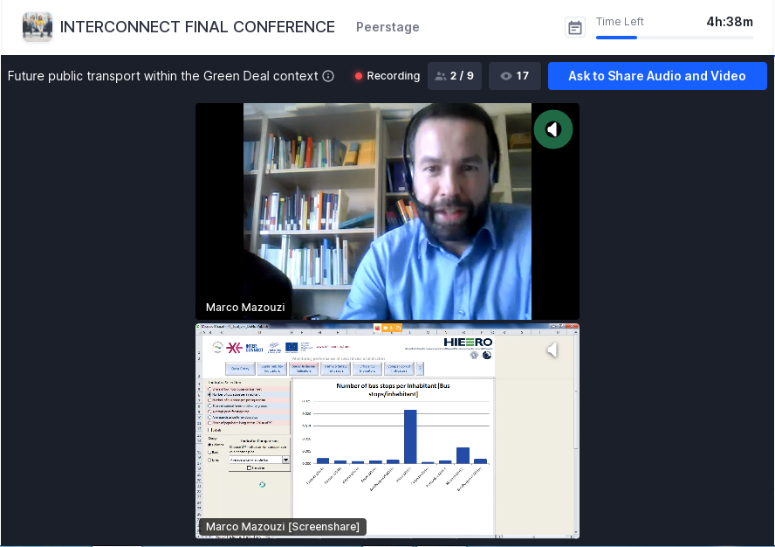
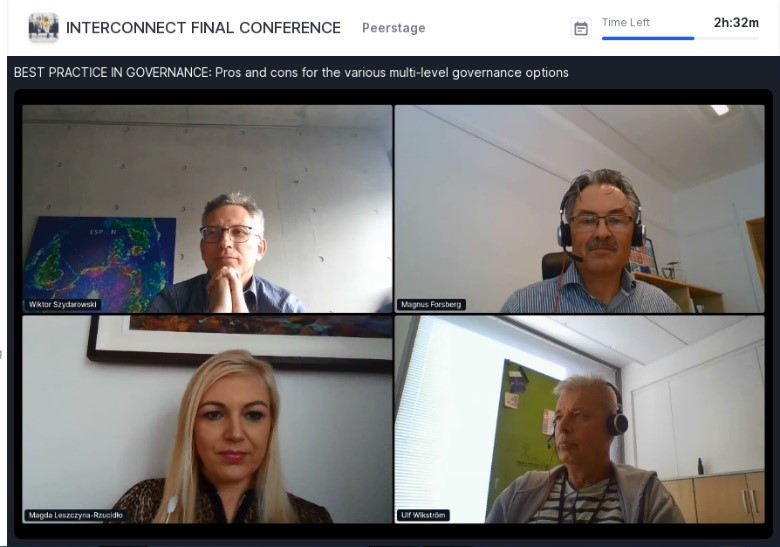
In November, as a result of several workshops and discussions among project partners and experts in the transport sector, a Catalogue of Solutions for Sustainable Cross-Border and Regional Public Transport was finally developed and published on the project website.
The publication was shortly followed by the Interconnect Final Report on Guidelines on multilevel governance for Public Transport in the South Baltic Area published on November 25th 2020.
On November 30th 2020, partners from Denmark, Germany, Lithuania, Poland, Sweden, and Viimsi Municipality in Estonia met for the last time, to sum up, the Interconnect project results. After 42 months of an exciting and fruitful co-operation, the Interconnect project partners from 6 EU countries met for the last time to finalise their work results achieved within the project. During the final meeting, the project partners had a chance, to sum up, their previous work & results within the project and share their experience and ideas for further co-operation. Due to the Covid-19 pandemic, the meeting was held online. All the partners expressed their hopes to continue cooperating to support the development of sustainable public transport, mobility and connectivity in South Baltic Area.

Finally on December 3rd 2020 during the final ERB Executive Board meeting in 2020 the Board members all agreed to establish another task force in the Euroregion Baltic – Mobility Core Group, which will consist of partners from the Interconnect project, as well as contact persons and experts from the ERB member organisations.

